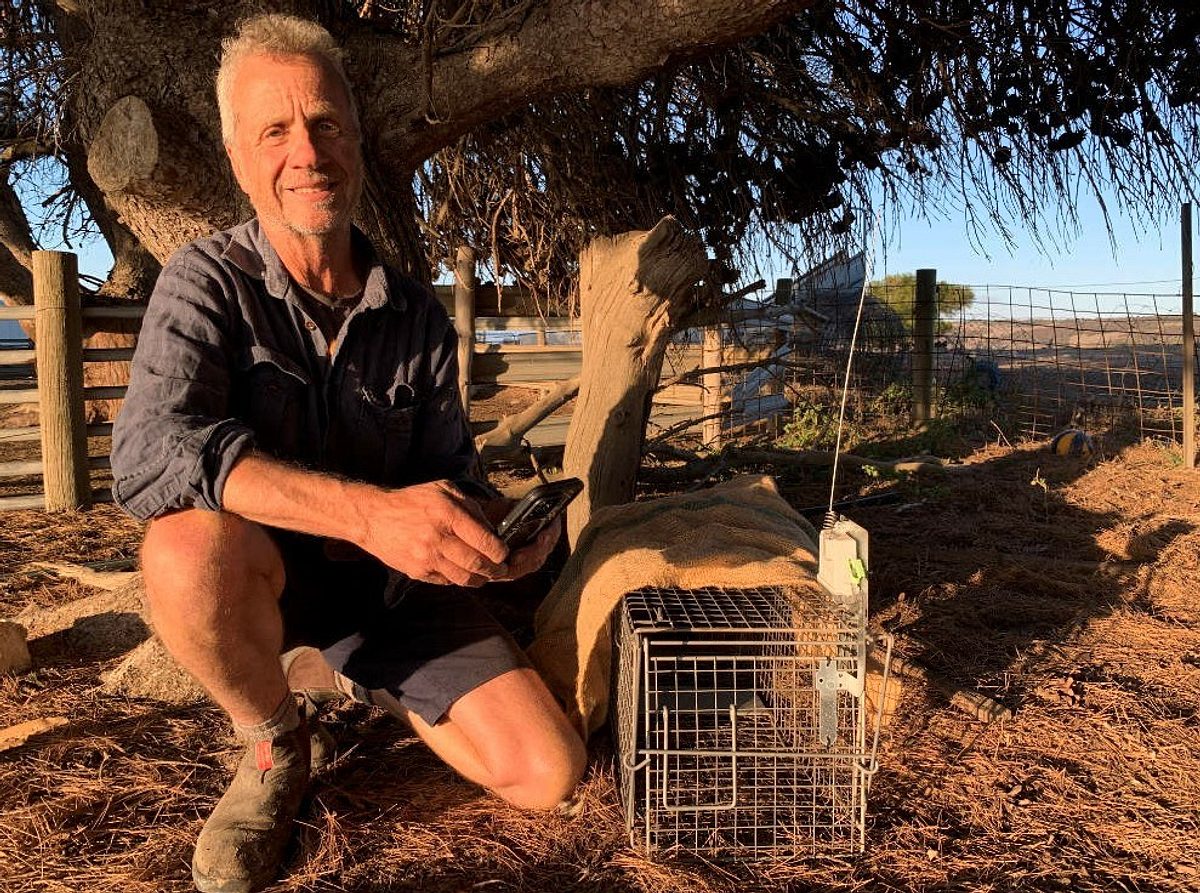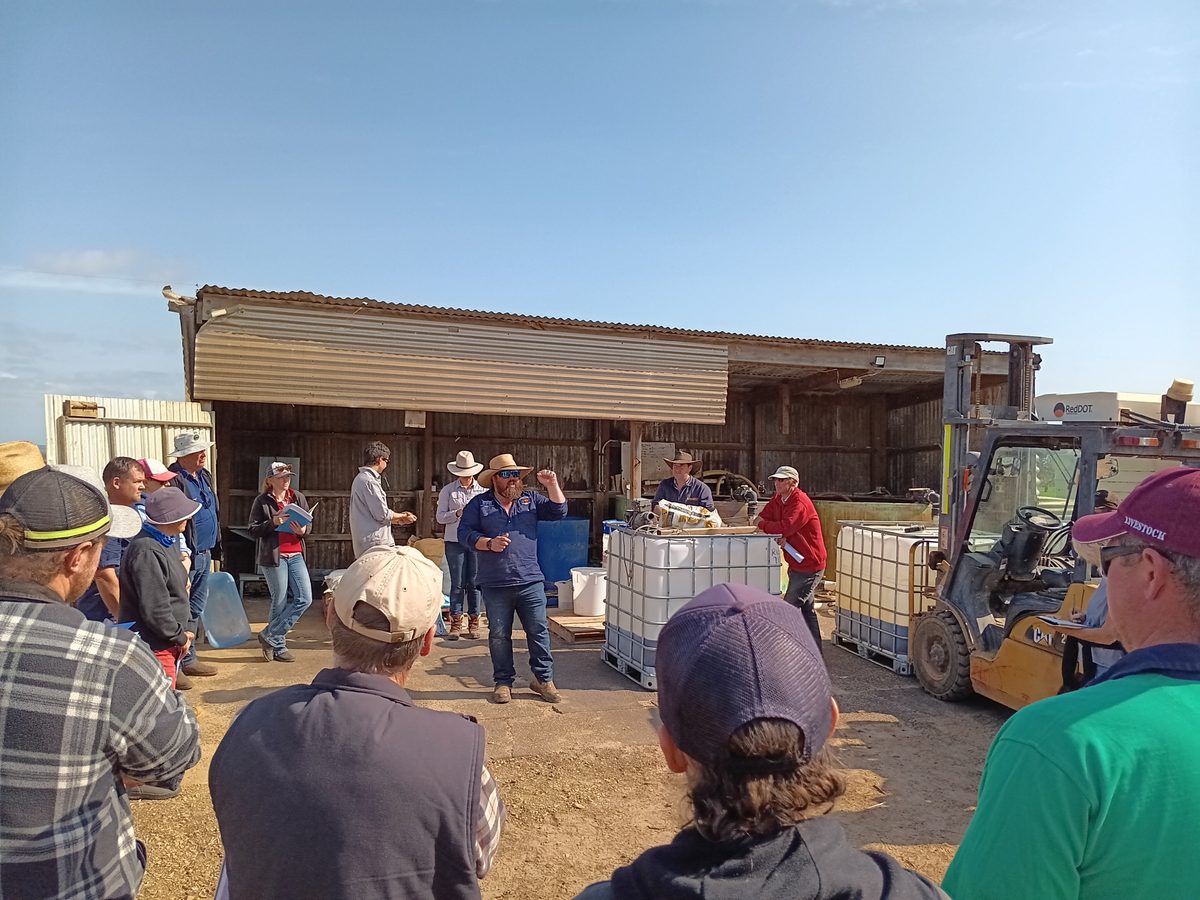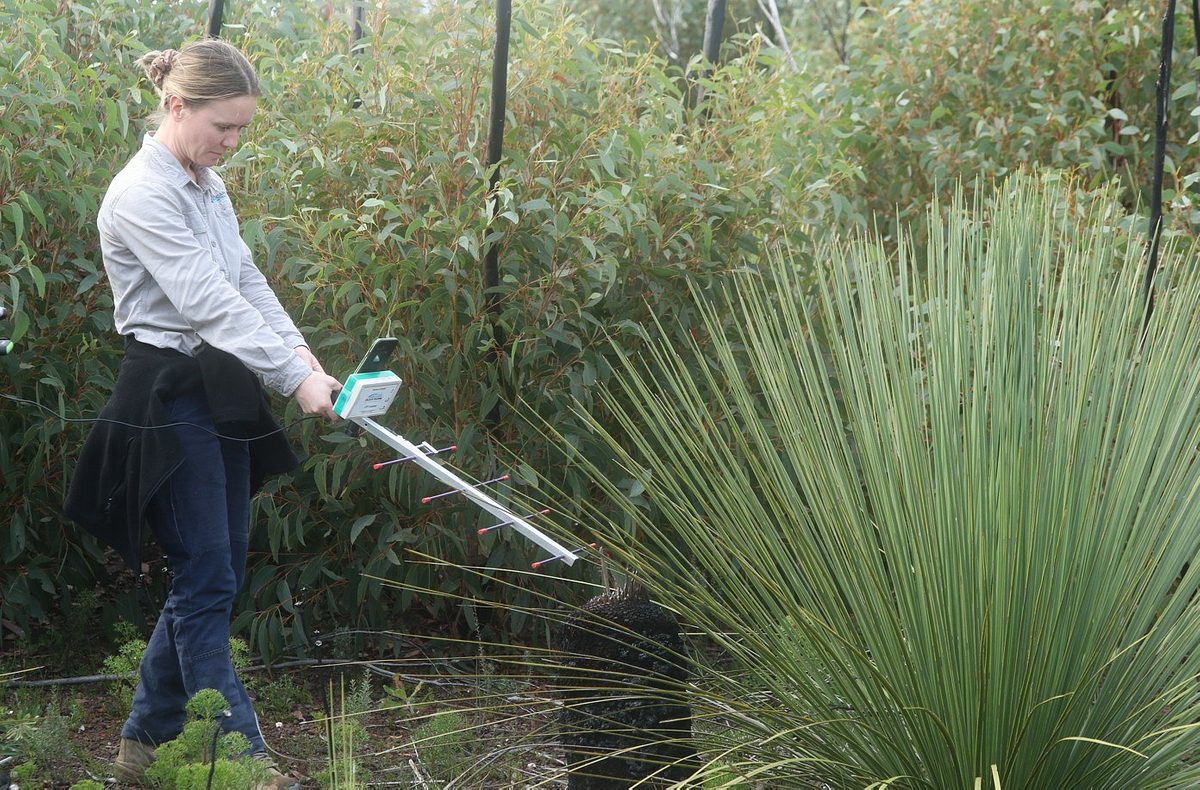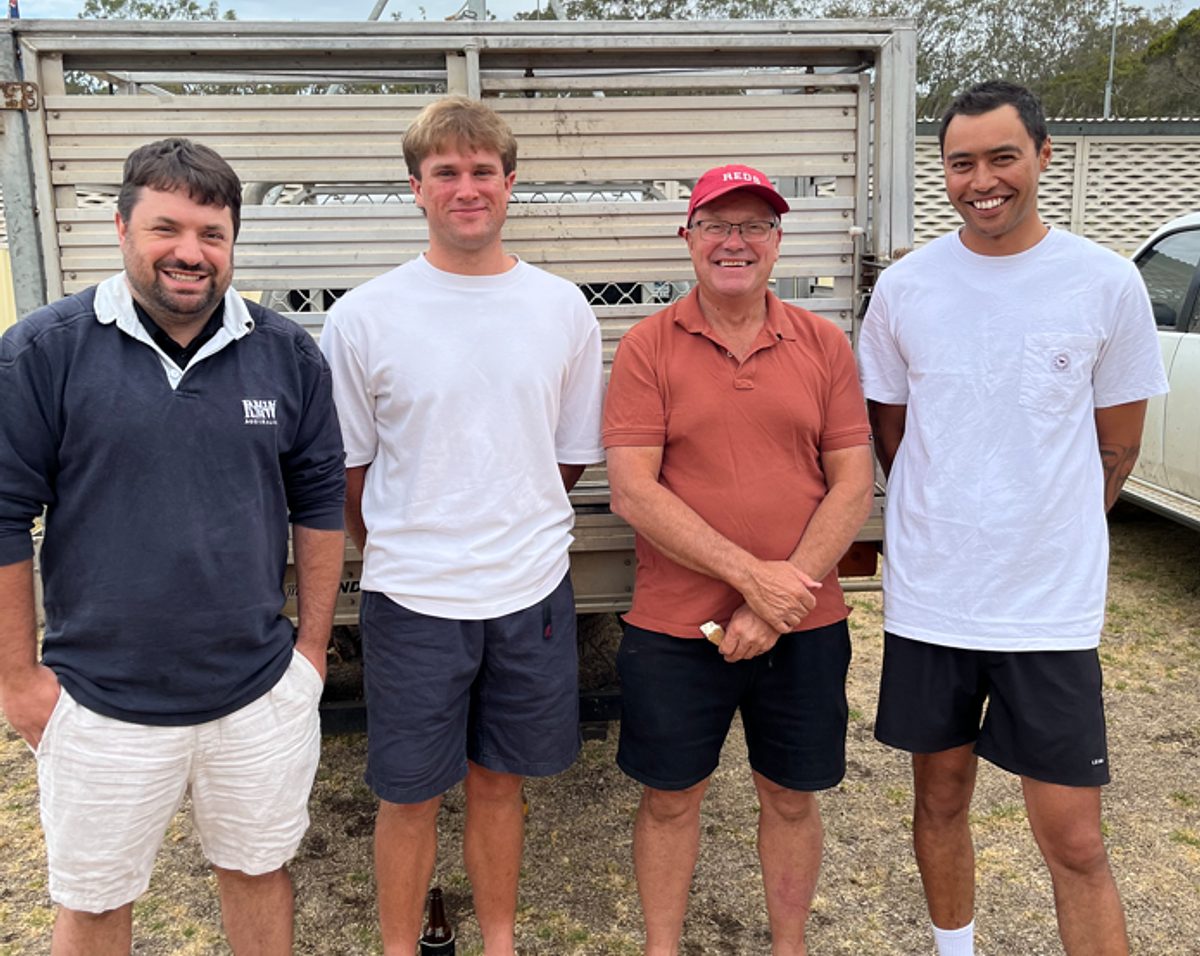Feral cat blitz begins with a bang on the Dudley Peninsula
The Kangaroo Island Landscape Board's (KILB)' annual winter feral cat blitz has just started, and all traps across the Dudley Peninsula and Pelican Lagoon isthmus are now open. In a promising start to the season, the team successfully removed 65 feral cats in the first seven nights of trapping.
"This year, the level of effort to reduce feral cat numbers will be unprecedented for the Dudley Peninsula," Feral Cat Eradication Program Leader Paul Jennings said.
KILB has introduced a new suite of cutting-edge technology to eradicate feral cats from the Dudley Peninsula, including 4G connected camera traps linked to artificial intelligence (AI), which identifies feral cats in near real-time and geospatial technology for real-time trap checking, thermal optics, and drones as part of a targeted shooting program to eradicate feral cats.
To coincide with the intensive winter trapping period, KILB field staff will work a ten-day on and four-day off roster, with two or three-person teams, to keep traps open seven days a week.
KILB has set up a new 'Feline Hotline' for Dudley Peninsula residents to Call in a Cat' on 0459 952 830.
"Rapid reporting from residents on the Dudley Peninsula allows our team to target cats using various tools," Mr Jennings said.
"We are very grateful for the advice we receive from community members and this information has already led to the removal of several feral cats recently," he said.
Mr Jennings said the feral cat eradication team spent the summer months installing hundreds more cage traps with improved monitoring which alerts the team when a trap is triggered, improving the program’s efficiency by more than 70% as only triggered traps need to be checked.
"This allows us to open more traps, covering much larger areas with less staff, allowing us to focus on using other specialist control tools to remove harder-to-trap feral cats,” Mr Jennings said.
Mr Jennings said trapping will continue until mid to late spring when temperatures warm and cage traps become less effective.
"We will then change the focus to applying tools and techniques that are more effective during the warmer months, including soft jaw leg hold traps, Felixer grooming traps and a targeted shooting program using drones and thermal optics at night to detect cats," Mr Jennings said.
"We are also working with many Dudley landholders participating in an Agriculture Kangaroo Island (AGKI) supported community trapping program over the productive winter period, which will increase the overall trap effort at this critical time," he said.
Participating landholders can monitor traps on their property in real time using spatial technology called 'Celium'.
"Celium has been a game changer for this program," Mr Jennings said.
"We have used this technology over the past two years with huge success, and the feral cat trapping program is now the largest network of its type in Australia."
Celium now connects 490 cages and 110 soft jaw-leg hold traps across the Dudley Peninsula, via VHF to the mobile network.
"We will increase this number significantly in the lead-up to winter and through partnering with landholders to deliver the community trapping program," Mr Jennings said.
Andy Gilfillan, 62, a third-generation sheep farmer from Antechamber Bay, is actively participating in the landholder trapping program and a staunch supporter of the feral cat blitz. He said the collaboration between landholders, AgKI and the Landscape Board is critical to the success of the program.
"Farmers are happier when they are included in government initiatives and not held at arm's length," Mr Gilfillan said.
"We really appreciate the KILB team coming out to meet with us and chat about the landholder trapping program," Mr Gilfillan said.
Mr Gilfillan and his wife Kate have three farm stays on their property and said eradicating feral cats from the Dudley Peninsula benefits the island's primary production and tourism industries.
"People who stay on our property have lots of questions about the environment and local wildlife," he said, "eradicating feral cats will only help promote biodiversity and protect our native fauna."
"The program is a win on every front," he said.
Mr Gilfillan said he would encourage other landholders on the Dudley Peninsula to get involved in the program by either setting traps on their property or reporting cat sightings via KILB's feline hotline.
"Ultimately, we as landholders will benefit the most from feral cat eradication and I encourage other landholders to get involved,” he said.
"The technology is easy to use, and with the new real-time monitoring system, we can pick up if a trap has gone off and rebait the trap
"We are fortunate to have a dedicated focus on feral cat eradication on the east end," Mr Gilfillan said.
"In the long term, this program should be rolled out island-wide."
"Hopefully, the funding will be maintained until the last feral cat on KI snuffs it."
For more information about the Dudley Peninsula Feral Cat Program visit: www.landscape.sa.gov.au/ki.




